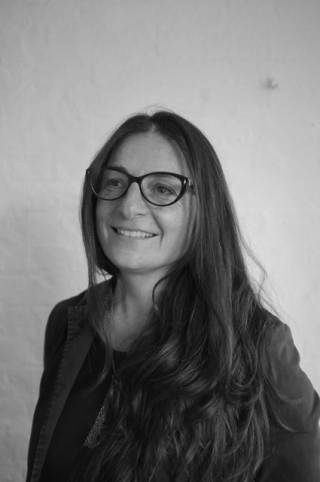Executive Lead, Prosperity Co-Lab UK (ProCol UK),
Principal Research Fellow and
Director of Social Policy
- Publications
Bernstock, P., Singh, P., Rouf, S., Amoah-Norman, I., Lorgat R., Woodcraft, S. B. (2023) 'Connecting Communities': Evaluation of a Pilot Project aimed at promoting digital inclusion in the London Borough of Tower Hamlets. (Research Evaluation of a Universal Basic Service). UCL Institute for Global Prosperity: London, UK
L. Moore H., Davies M., Mintchev N., & Woodcraft S. B. (2023) Prosperity in the Twenty-First Century. Concepts, models and metrics.
Lavell A., McFarlane C., L. Moore H., Woodcraft S. B. & Christopher Yap, (2023) Pathways to Urban Equality through the Sustainable Development Goals: Modes of Extreme Poverty, Resilience, and Prosperity, International Journal of Urban Sustainable Development (pp 215-229).
Woodcraft, S. B, Osuteye E., Ndezi T & Makoba, Festo D. (2022) Pathways to the ‘Good Life’: Co-Producing Prosperity Research in Informal Settlements in Tanzania - with Swahili translation. UCL Institute for Global Prosperity: London, UK.
Woodcraft, S. B., Collins, H & McArdle, I. (2021) Re-thinking livelihood security: Why addressing the democratic deficit in economic policy-making opens up new pathways to prosperity. UCL Institute for Global Prosperity: London, UK.
Charalambous, F., Pietrostefani, E. & Woodcraft, S. B. (2021) Ethnicity and prosperity in east London: How racial inequalities impact experiences of the good life. UCL Institute for Global Prosperity: London, UK.
Woodcraft, S. B., & Smith, C. (2018). From the ‘Sustainable Community’ to Prosperous People and Places: Inclusive Change in the Built Environment. In T. Dixon, J. Connaughton, S. Green (Eds.), Sustainable futures in the built environment to 2050: a foresight approach to construction and development (pp. 72-93). UK: Wiley Blackwell.
Woodcraft, S. B. (2016). Reconfiguring “the Social” in Sustainable Development: Community, Citizenship and Innovation in New Urban Neighbourhoods. In P. McDonagh, F. Murphy (Eds.), Envisioning Sustainabilities: Towards Anthropology of Sustainability. Cambridge Scholars Publishing.
Woodcraft, S. B. (2015). Understanding and Measuring Social Sustainability. Journal of Urban Regeneration and Renewal.
Woodcraft, S. B., & Bacon, N. (2013). A new role for “place difference”?. NESTA.
Woodcraft, S. B., & Dixon, T. (2013). Creating strong communities–measuring social sustainability in new housing development. Town and Country Planning -London- Town and Country Planning Association-, 473-480.
Woodcraft, S. B., Hackett, T., Bacon, N., & Caistor Arendar, L. (2012). Design for Social Sustainability. London: The Young Foundation.
Woodcraft, S. (2012). Social Sustainability and New Communities: Moving from Concept to Practice in the UK. Procedia - Social and Behavioral Sciences, 68, 29-42. doi:10.1016/j.sbspro.2012.12.204
Woodcraft, S. B. (2012). Social sustainability and new communities: Moving from concept to practice in the UK. , Cairo.
 Close
Close


